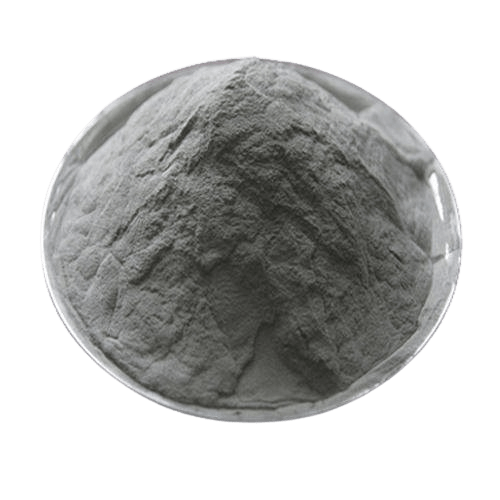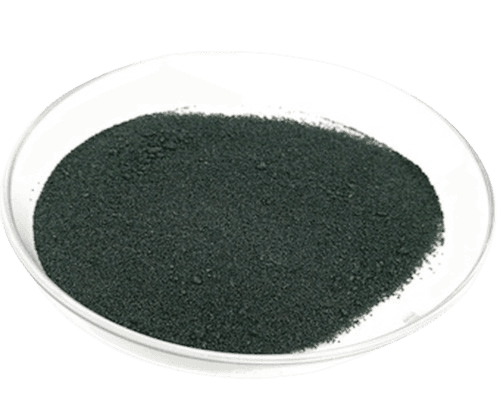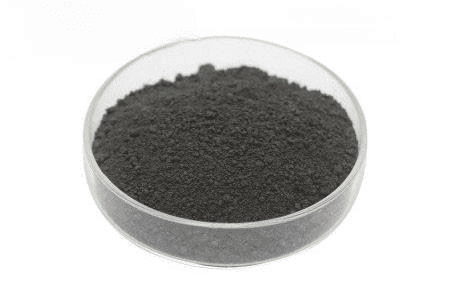Menu
MetalsTek Engineering is a trusted supplier of antimony powders and a wide range of antimony products from pure metal to compounds.

Material: Bismuth, CAS# 7440-69-9
Purity: Bi 99.9%
Form: Powder, Spherical, Nanoscale
Density: 1.24g/cc Bulk, 3.39g/cc Tap
Particle Size: 50nm 18m2/g Surface Area, or Tailored Size

Material: Bismuth Oxide, CAS# 1304-76-3
Purity: 99.99%, 99.999%
Form: Powder
Density: 8.9g/cc
Particle Size: Tailored Size

Material: Bismuth Sulfide, CAS# 1345-07-9
Purity: 99.99%, 99.999%
Properties: Black, 7.39g/cc Density, 685℃ M.P
Particle Size: <50 μm, or Tailored Size

Material: Bismuth Selenide, CAS# 12068-69-8
Purity: 99.99%, 99.999%
Properties: Black, 6.82g/cc Density
Particle Size: <50 μm, or Tailored Size
Bismuth and its compounds are important materials that have a wide range of applications across various industries. As a post-transition metal, bismuth exhibits unique properties that make it valuable in fields such as electronics, medicine, and manufacturing. Bismuth-based powders are commonly used as alloying agents in metallurgy to enhance the properties of metals like lead and tin. Furthermore, bismuth compounds such as bismuth subsalicylate are used in pharmaceuticals to treat gastrointestinal issues. In electronics, bismuth-based powders contribute to the production of thermoelectric materials for energy conversion applications. Bismuth oxychloride powder is also commonly used in cosmetics to add pearlescent effects to makeup products. Additionally, bismuth powder is employed in nuclear applications for radiation shielding and in additive manufacturing processes for producing intricate components. Overall, bismuth and bismuth-based powders play a vital role in various industries, offering unique properties and versatile applications that drive technological advancements and product innovation.
Bismuth and Bismuth-based Powders are essential materials with diverse applications across various industries. Bismuth, a post-transition metal, and its compounds exhibit unique properties that make them valuable in fields such as electronics, medicine, and manufacturing. Bismuth powder, typically produced through methods like atomization or chemical precipitation, is widely used in:
Our Bismuth Evaporation Materials are clearly labeled externally to ensure efficient identification and quality control. We take great care to prevent any damage during storage or transportation.